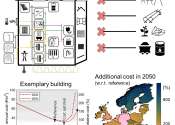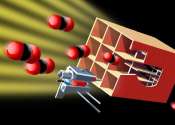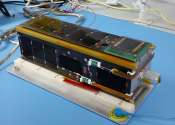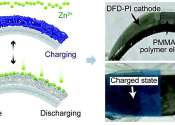Two million European households could abandon the electrical grid by 2050, say energy researchers
Researchers report that 53% of European freestanding homes could have supplied all their own energy needs in 2020 using only local rooftop solar radiation, and this technical feasibility could increase to 75% in 2050.
Nov 2, 2023
0
77









